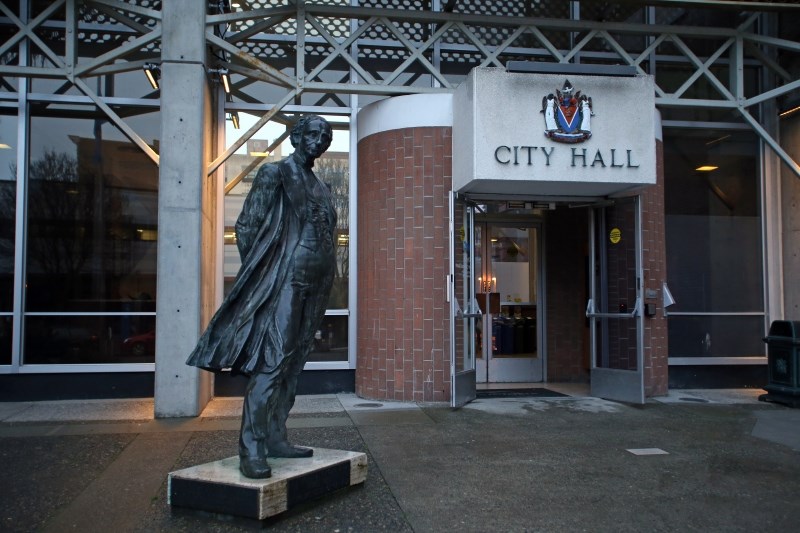When Victoria city council voted last month to leave the Greater Victoria Labour Relations Association, I wondered at the time what was up. The association bargains on behalf of 14 public-sector agencies in the region, including most municipalities.
Why would any responsible employer deliberately weaken its leverage by adopting a go-it-alone policy? It’s not like the guys on the other side of the table are pussycats. The union in question is CUPE — Canada’s largest (and arguably most aggressive) union. Showing up for negotiations with that crew after casting aside all your allies is like taking a penknife to a gun fight.
Other mayors in the region were discouraged.
Esquimalt Mayor Barb Desjardins called the decision “very disappointing.” Metchosin Mayor John Ranns, himself a former CUPE negotiator, warned that Victoria would come to regret its decision.
And it’s not like we lack precedents to guide us. In 1987, the Vander Zalm government granted teachers the right to bargain locally, instead of at the provincial level. The results were as unfortunate as they were predictable.
Over the next seven years, there were 48 strikes and three lockouts. The teachers’ union, cannily from their perspective, adopted a policy of bargaining with smaller boards first, which it outmatched massively in resources.
Kitimat — one of the tiniest in the province — was battered into granting a 14.7 per cent wage increase over two years. The union then whipsawed other boards, using classic leapfrog tactics. “They got 14.7, now we need 15.7,” etc.
Eventually, in 1994, the NDP government of Mike Harcourt put a stop to the debacle, and ordered provincewide bargaining. That didn’t exactly end the disruptions, but it brought a modicum of order.
There have been only a handful of walkouts since then, and annual pay raises now approximate the cost of living. That could not have been achieved in negotiations with 60 separate school boards.
Which brings us back to Victoria. When the decision was announced, Mayor Lisa Helps attempted a justification by noting that each municipality represented by the association has an equal vote. As the largest employer, that was unfair to Victoria, she said.
Helps also argued the city already had its own staff of negotiators. I’m sure it does. So did all those school boards.
So does the spirit of Vander Zalm haunt city chambers? Or is some more worldly force at work?
For now, we learn that four of Victoria’s nine councillors were funded by CUPE in the last municipal election.
And two of those four — Jeremy Loveday and Ben Isitt — received almost half of their campaign contributions from unions and labour groups. Of the $22,478 Loveday raised, $8,000 came from CUPE. And Isitt got $11,400 from CUPE, out of his total contributions of $25,821.
Both, of course, deny any conflict of interest. As they would. And there wasn’t anything illegal involved.
Helps whistled past this graveyard by noting that four out of nine councillors don’t form a majority, so everything, presumably, is kosher.
Good try. But at the very least, most reasonable observers would see the appearance of conflict here.
Now, lots of politicians take money from unions, corporations and other interest groups. The issue in this case is the disproportionate size of the donations, and the fact that the councillors who accepted them will be sitting across the bargaining table from the very union that funded them.
This might not matter if Victoria belonged to a larger consortium of employers. But the councillors who took CUPE’s money, along with their colleagues, have freed themselves of that constraint, and they did it, scandalously, in a closed meeting.
What is the solution? If they recuse themselves from bargaining sessions, the problem would vanish. But will they?



